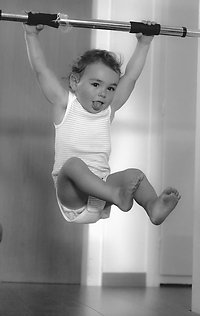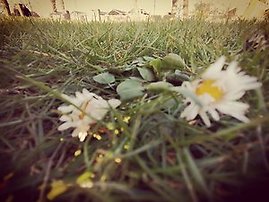Movement
How can Moving help me?
Do you look back at your younger self with envy at your ease of movement? Would you like to regain some of the suppleness you used to have? The NLP (Neuro Lingustic Programming) saying: “if you always do what you've always done, you'll always get what you've always got” is very much true for the body. Our nervous system and muscles cannot unlearn old habits without new stimuli. The varied movement practices offered by Paul Silk Wellbeing enable you to liberate your body from harmful patterns and generate useful new ones.
What does Moving do?
Moving is such a natural function of the body its probably simpler to describe what it doesn't do! Movement is responsible for keeping the most important systems of the body functioning - from excretion to respiration. Above and beyond the physical necessity of movement, the contribution to emotional and mental health cannot be underestimated. For example, current research shows that learning ballroom dancing, or any choreographed set of movements (like Tai Chi!), are a more effective preventative of dysfunctions such as Alzheimer's and Parkinson's than more cerebral pursuits like chess and crosswords. Physical activity stimulates the release of endorphins as well as dopamine, norepinephrine, and serotonin. These brain chemicals play an important part in regulating your mood. Regular exercise also helps balance your body’s level of stress hormones, such as adrenaline.
What Movement Practices does Paul Silk teach?
Tai Chi
Qi Gung
Remedial Stretching

